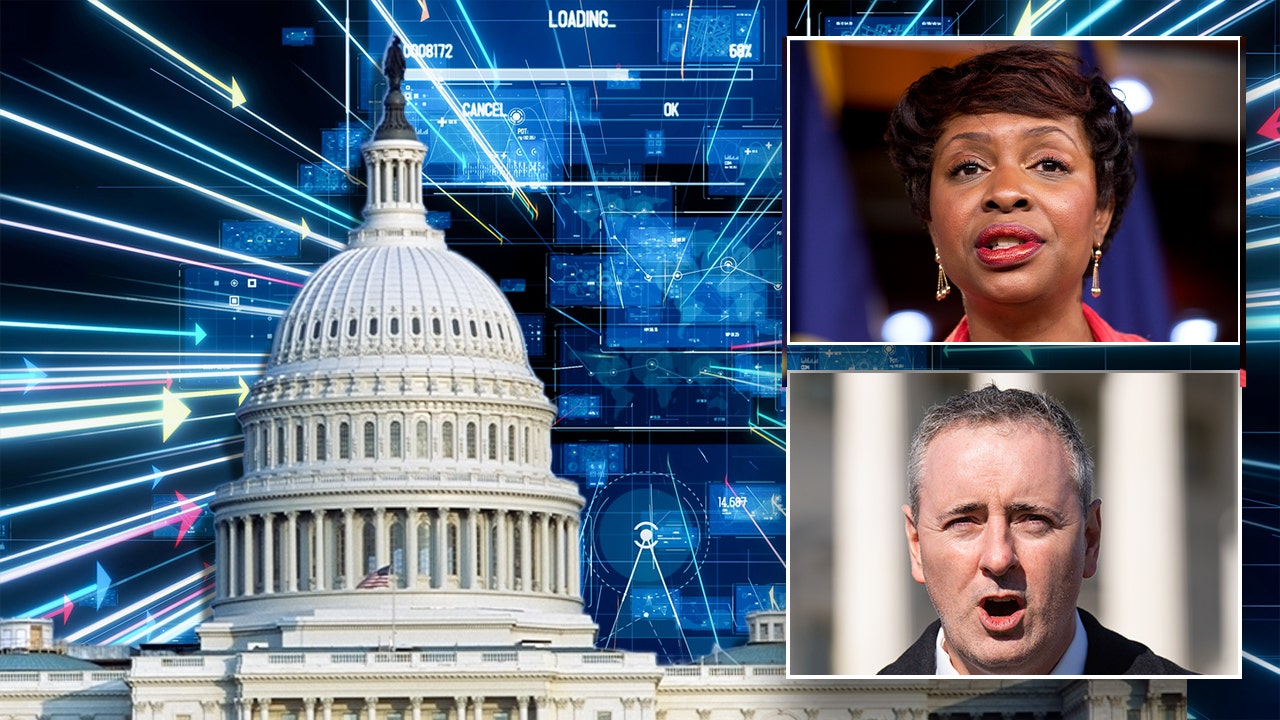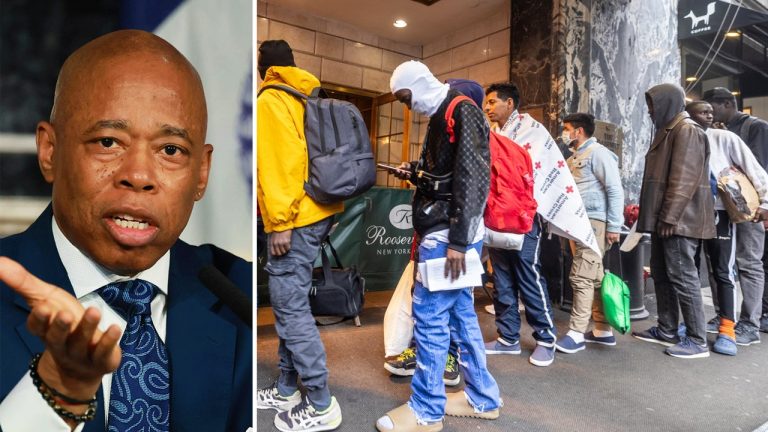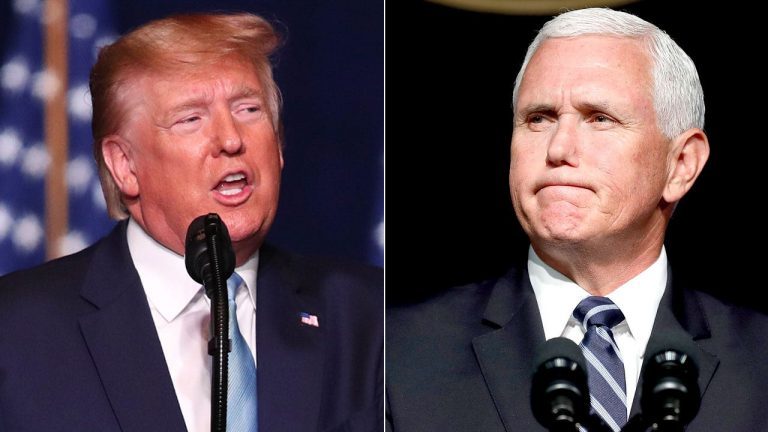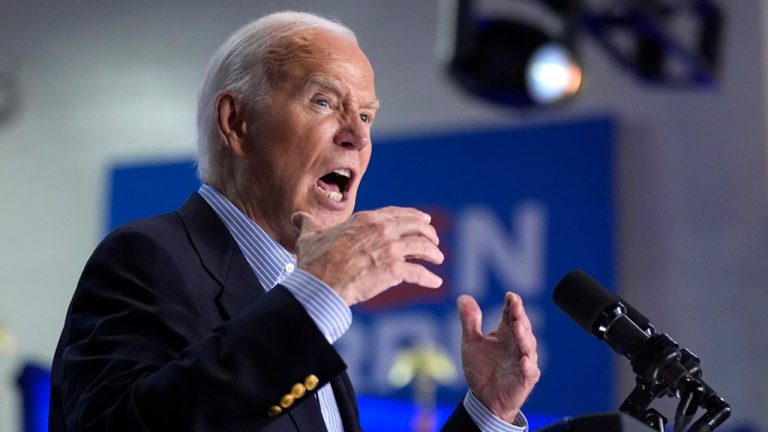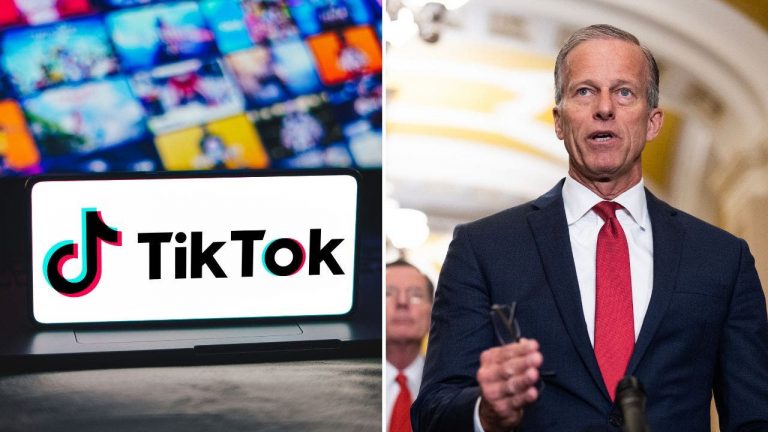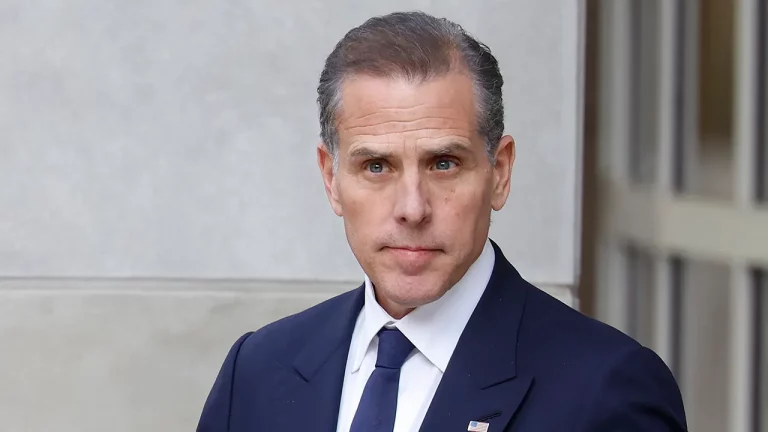Many Americans may no longer have cheap internet soon
Millions of Americans who rely on a critical government subsidy for internet access are facing uncertainty as the funding is set to expire at the end of May. Among them is Walter Prescher, a Methodist pastor in rural Texas, an Army veteran, and a father of 12 grown children. With nine children still at home, Prescher understands the importance of affordable internet access in today’s digital world.
Without the Affordable Connectivity Program (ACP) subsidy, low-income households risk losing $30 to $75 per month in assistance, making it difficult for many families to afford internet access. Prescher shared how the ACP transformed his family’s internet experience, reducing the time his child spent on homework from three hours to just 45 minutes due to improved connectivity.
As a recipient of the ACP subsidy, Prescher also assists others, particularly veterans, in signing up for the program. He highlighted the critical role that the ACP plays in enabling individuals to access online education, apply for jobs, and meet health needs through telehealth services. For many economically disadvantaged individuals, the ACP subsidy has been a lifeline, allowing them to prioritize essential needs while still having access to the internet.
A bipartisan effort led by Reps. Yvette Clarke and Brian Fitzpatrick aims to extend the ACP funding through the end of the year, providing Congress with time to reform and enhance the program. With support from both Democrats and Republicans, the proposed Affordable Connectivity Program Extension Act has garnered significant backing, with over 200 House Democratic co-sponsors and 24 Republicans.
Clarke emphasized the importance of the ACP subsidy for economically burdened individuals, noting that it can make a significant difference in their ability to access essential services. Fitzpatrick echoed her sentiments, underscoring the necessity of broadband internet access in today’s digital age. He highlighted the reliance of mental health patients and veterans, including those with PTSD, on the ACP for telehealth services.
With more than 23 million ACP recipients, including a substantial number of military veterans, at risk of losing access to vital internet services, lawmakers are urging swift action to prevent the program from expiring. The White House and the Federal Communications Commission (FCC) have joined efforts to lobby Congress in support of extending ACP funding, warning of the potential consequences if the program is allowed to lapse.
As the deadline for ACP funding looms closer, advocates like Prescher, Clarke, and Fitzpatrick remain optimistic about the program’s future. With bipartisan support and a shared commitment to ensuring that millions of Americans can continue to access affordable internet services, efforts to extend the ACP subsidy beyond May are gaining momentum.
Ultimately, the fate of the ACP rests in the hands of Congress, as lawmakers work together to preserve this critical program that has made a difference in the lives of millions of Americans. The ongoing efforts to keep the ACP alive exemplify the bipartisan cooperation needed to address the digital divide and ensure that all individuals have access to essential online resources in today’s interconnected world.


